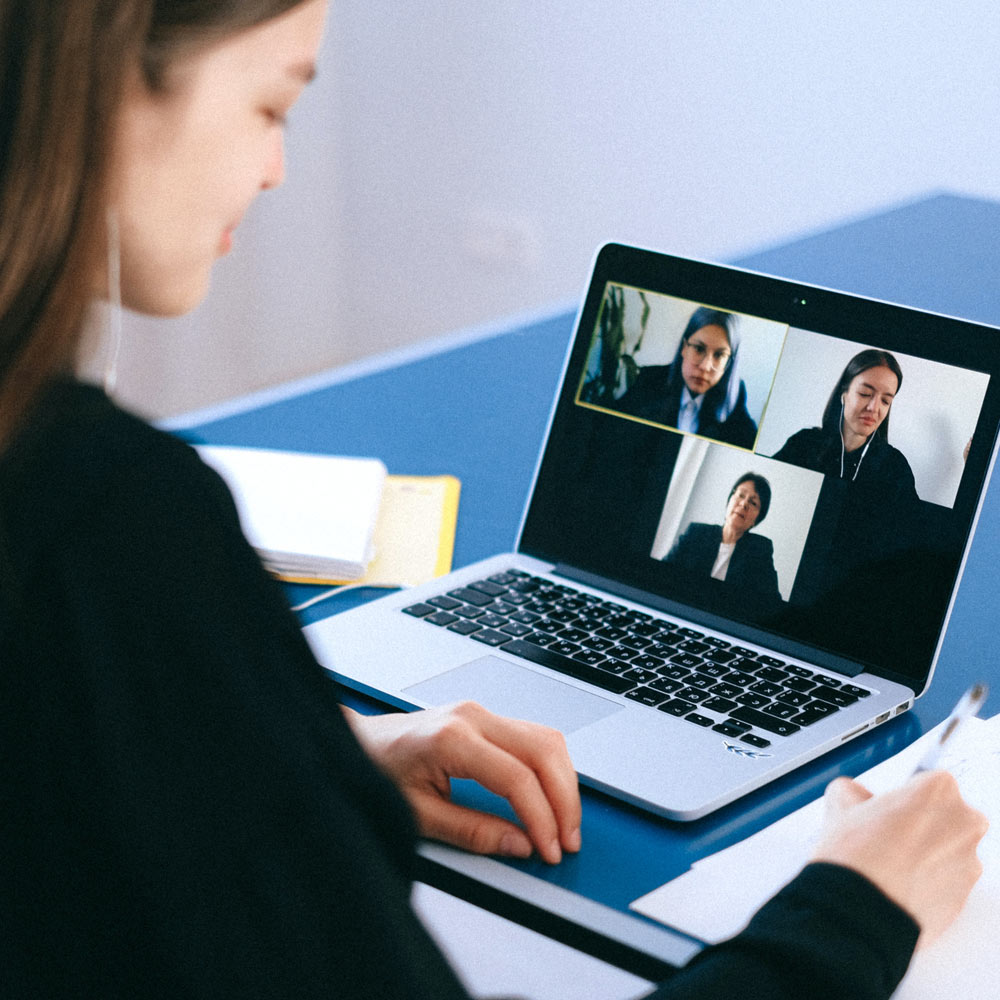
I can’t keep up.
We hear this from the leaders we work with every day. Organizations are feeling the pressure to fill open roles, to make more widgets, to increase shipments—and more and more often, they’re leaning into technology to help them handle the volume.
Technology and artificial intelligence have been creeping into the workforce for years, in ways and at a pace that’s sometimes alarming. At the end of 2020, it was estimated machines performed 30% of all tasks, with humans doing the rest of the work. And that balance was expected to shift to 50/50 by 2025 [1].
But for all of technology’s contributions to efficiency and productivity, we can’t deny that automation has opened our eyes to one very important thing that’s missing from work today: humanity.
This a trend that, like technology, has spread through our organizations over time.
Over the past several decades, we’ve been conditioned to diminish humanity at work. We’ve been bred to value conformity over complexity, efficiency over expertise, automation over individualization.
But as it turns out, we’re beginning to see that the human touch can’t be replicated by a machine. We’ve recognized that even as our transactions become more automated, our expectations for a personal touch in our interactions have increased. As we work more remotely, we’re missing collaboration. As we use more automation, we’re missing creativity. As we transact more by machine, we’re missing compassion. Ironically, artificial intelligence might be making us more human.
For many of us, human connection is central to our well-being. And especially as we emerge from the pandemic, we have a new appreciation for the importance of relationships, both personally and professionally.
Whether you’re a leader looking to foster greater humanity in your workforce, or an individual striving for stronger connections with your peers, there are steps we should all be taking to build and nurture more human relationships.
Display qualities like empathy, compassion, and collaboration.
When we focus too much on the practical part of work—hiring, firing, giving feedback—we forget about the people part of work—listening, empathizing, supporting.
Compassion creates space for better communication. When we notice people are overwhelmed or coping with stressors, when we listen to them and offer a shoulder to lean on, we build trust. And that trust helps us create stronger connections, foster better collaboration, and boost creativity and productivity in ways AI cannot.
Encourage creativity and curiosity.
Here’s the thing about robots—they’re built to evaluate and act on a very specific, narrow set of data and produce very specific, reliable outcomes. Human beings are programmed much differently.
We’re inquisitive, we’re inspired, and we’re strong-willed. We’re constantly engaging in experiences, gathering and interpreting information. This uniquely shapes the way we look at and respond to the world. And those wide-ranging, real-life inputs—from a class we once took to a chat we just had in the hallway—lead to groundbreaking work.
Acknowledge and look for ways to combat virtual fatigue.
As we all embrace a hybrid (or, in some cases, a fully remote) approach to work, we can appreciate the flexibility but also acknowledge the risks technology poses. “Cave syndrome” is increasing social anxieties and making it more difficult for some people to maintain personal connections. Email and chats are removing context and contributing to misunderstanding, creating the potential to erode relationships. An always-on mentality and lack of physical separation between home and office are making work-life balance more difficult.
Rediscover balance by pushing in your desk (or dining room!) chair and turning off your PC. Back out of your email and pick up the phone or schedule a face-to-face. Stepping out of virtual and into reality is sometimes essential to our well-being.
While the pace of technology isn’t going to slow and artificial intelligence is likely here to stay, we can’t forget that business is a truly human endeavor.
We each bring unique experiences, perspectives, strengths, and values to our work—and those traits are more important to our success than we may have realized.
1. Source: Forbes, U.S. Lost Over 60 Million Jobs—Now Robots, Tech And Artificial Intelligence Will Take Millions More




